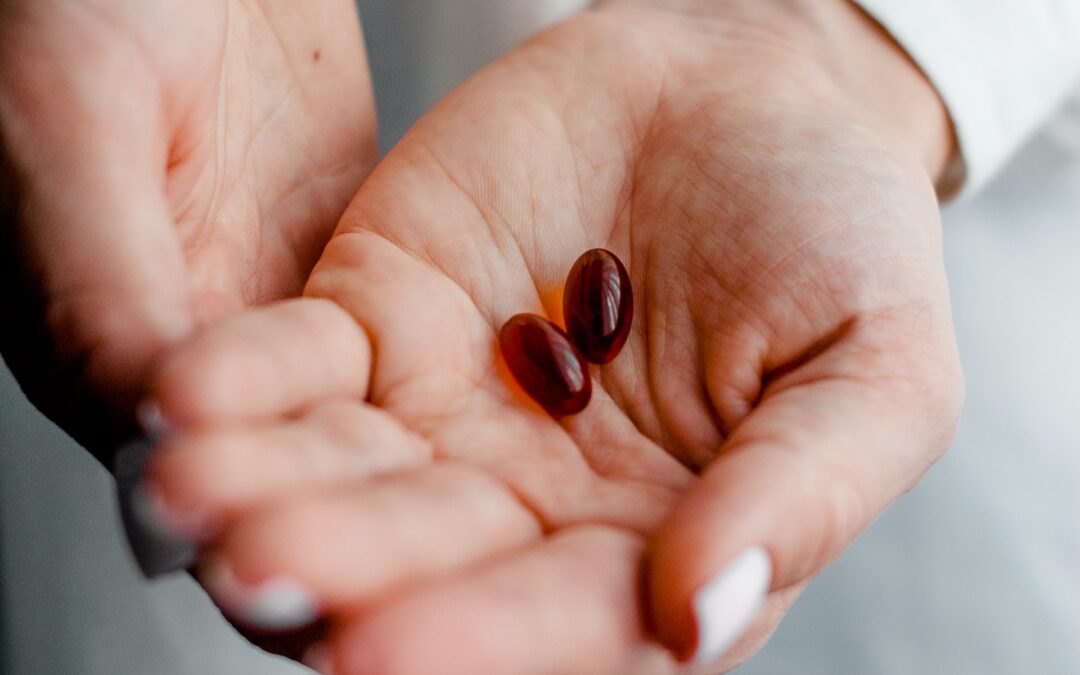Menopause is the natural and inevitable transition of a woman’s life, when her reproductive hormones start to diminish. This period can be marked by an array of symptoms such as depression, hot flashes, insomnia, and night sweats.
Despite the prevalence of these uncomfortable side effects, there are several natural remedies that provide relief from them. From best menopause supplements to mindfulness practices and natural hormone therapy, here are effective ways to manage menopause symptoms.
Overview of Common Menopause Symptoms
Menopause can begin in women anywhere between their late 30s and early 50s. It is typically described as having passed through 12 consecutive months without a menstrual cycle due to the diminishing production of estrogen and progesterone in her body.
The most common symptoms associated with this transition include: hot flashes, night sweats, sleep disturbances (insomnia or excessive sleeping), fatigue or lack of energy, mood swings or depression/anxiety feelings ranging from irritability to sadness; joint pain; loss of interest in sex; vaginal dryness; urinary incontinence; memory problems or difficulty concentrating; increased facial hair growth or thinning hair on head; weight gain around abdomen/hips/thighs; breast tenderness/inflammation.
Natural Remedy #1: Herbal Supplements
Herbal supplements come in many forms which make it easy for women who prefer not consuming pills on a daily basis. There are herbs like black cohosh that contain properties known to reduce hot flashes while other adaptogens like ashwagandha help combat physical stressors associated with the hormonal changes during menopause such as fatigue, anxiety and even muscle soreness.
These products also offer additional benefits such as improved digestion, stronger immunity and improved sleep quality which all contribute towards managing your overall health during this time period better than conventional medications available over-the-counter drugs could do alone.
Natural Remedy #2: Dietary Changes
Eating healthy foods that contain essential minerals like magnesium or vitamins A & C can help maintain balance within your body thus easing some symptoms you might experience during menopausal stages (e.g., insomnia).
Additionally reducing certain food types from your diet such as caffeine can have positive results because high amounts caffeine intake increases heart rate which leads to more frequent hot flash episodes thereby exacerbating uncomfortable sensations even further so try switching out coffee for green tea instead! Lastly probiotic-rich foods will help improve gut health thus allowing better absorption rates into our bloodstream when we consume beneficial ingredients necessary for maintaining hormonal balance throughout both pre-menopausal & post-menopausal stages in life respectively too – so don’t forget adding those yogurt cups into lunch boxes either!
Natural Remedy #3: Relaxation Techniques
Relaxation techniques such as yoga and meditation can prove very helpful when it comes down to managing various menopausal symptoms since they allow people experiencing them access into calming state regularly meaning any discomfort felt would gradually decrease overtime if regular practice was maintained consistently enough over longer period periods – making it great alternative being far easier than taking prescription medication itself naturally speaking!
Sitting comfortably somewhere quiet where you won’t get disturbed by external noise works effectively here allowing us focus solely upon ourselves instead – simply closing eyes whilst focusing upon own breath deep breaths helps achieve desired relaxed state significantly quicker if done correctly under correct guidance firstly though obviously still?
Natural Remedy #4: Exercise
Exercise plays an important role when it comes down helping alleviate various mental & physical ailments related directly connected with menopausal stages specifically – especially directed at promoting relaxation levels enhanced circulation around whole body notably improving sleep quality amongst other things too surprisingly – why not try going outdoor jogs few times each week too then? Regular exercise has proven significance no matter what stage person currently finds themselves within (pre-, peri-, post-) alike although particular emphasis placed upon latter two mentioned points given respective supports needed repair weakened systems found particularly active individuals seeking greater benefits total wellbeing general improvement themselves right now ever closer future times think likely really happily?!
Natural Remedy #5: Natural Hormone Therapy
Natural hormone therapy is a way of addressing hormonal imbalance that is caused by menopause. This involves the use of natural hormones to replace those declining ones and alleviate symptoms such as hot flashes, night sweats, fatigue and depression. This type of therapy has been found to be safe and effective in some cases when done under the guidance of a qualified medical practitioner or licensed health care provider.
Other Remedies: Supplements
In addition to the above natural remedies, there are a few other supplements that can be taken in order to support the body during menopause. These include calcium and magnesium for bone health; omega-3 fatty acids for heart health; probiotics for digestion and immunity; vitamin D for mood regulation; and B vitamins for energy production.
Conclusion and Recommendations for Trying Natural Remedies
Menopause can be a difficult transition, but there are natural remedies that can help alleviate the most common symptoms associated with this period. From herbal supplements to dietary changes and relaxation techniques, these remedies have been found effective in providing relief from menopausal symptoms. It is recommended to speak with your doctor before trying any of these remedies as they can suggest additional strategies tailored to your specific needs. With the right combination of natural remedies, it is possible to manage menopause symptoms without relying exclusively on medications or treatments.

